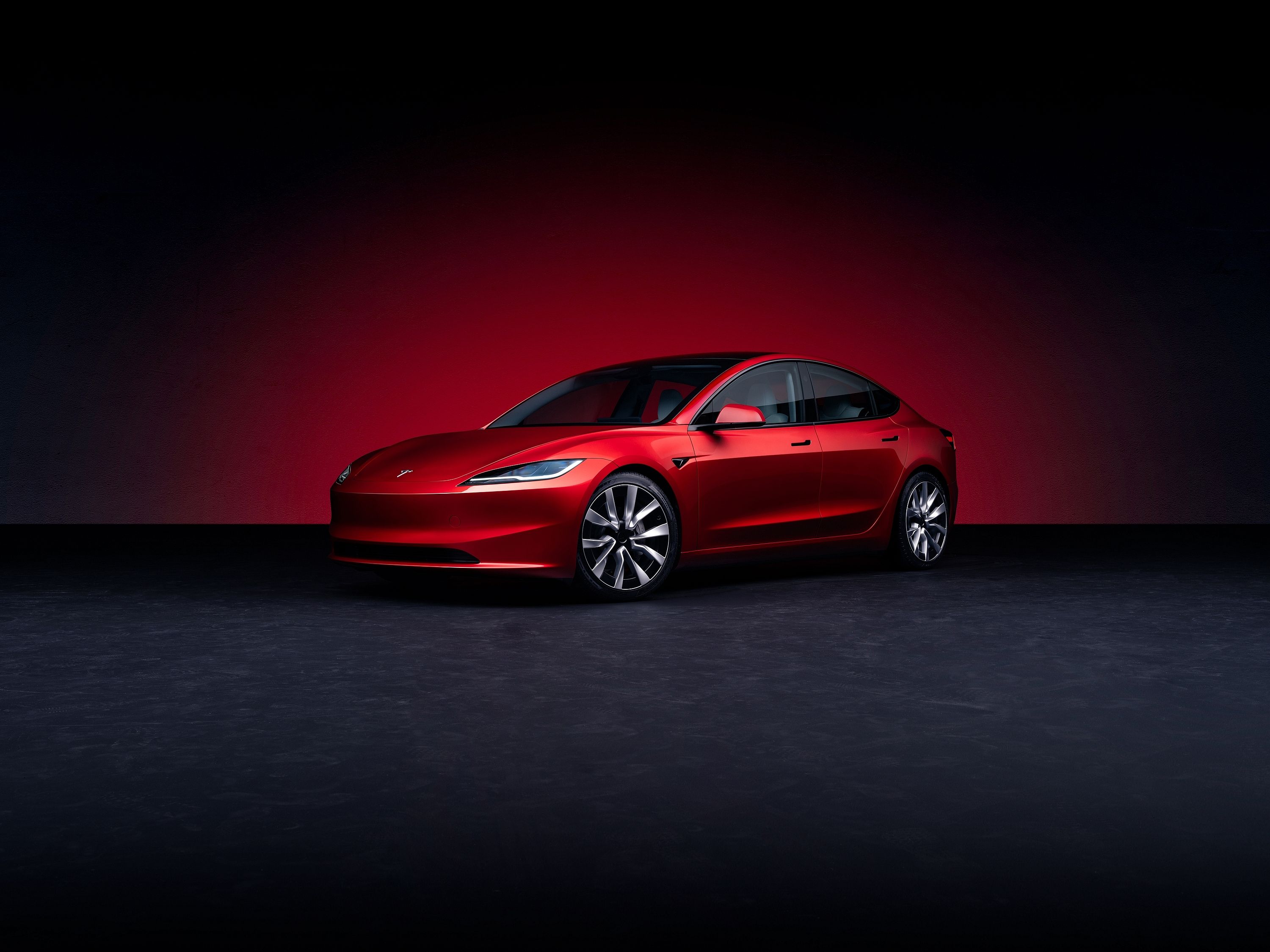
A huge decision was made in the Darmstadt Regional Court this past week. The verdict sets precedent for future cases of this nature in Germany, and we have no doubt it'll have legal implications for autonomous cars the world over. In short, Tesla had to buy back a Tesla Model 3 because a German owner's vehicle displayed sub-par performance linked to the semi-autonomous driving suite marketed in the US as Full Self Driving.
The software, found in cars like the full Model S, 3, X, and Y range is a pricey optional extra. The plaintiff in this case, Christoph Lindner, paid 6,300 Euros for the software, and said it drove like a "drunk novice driver." Evidently, the Darmstadt court agreed with him, ruling in his favor.
As reported by German publication Spiegel, despite being sold the package, the customer's Model 3 didn't have the compatible hardware equipped to make full use of the software functionality. As a result, the brand's automatic lane-change assist functions did not work as advertised, nor did the self-steering feature, one of the most visible aspects of Tesla's controversial Full Self-Driving software beta. Allegedly, the car wouldn't recognize stop signs or traffic lights, either.
Tesla issued a statement via the German courts that says the company believes the software functioned as advertised and that any issues the plaintiff had with the software would be fixed with an over-the-air update. However, no exact dates on the promised fixes were provided to the German courts. Legal counsel for the plaintiff stated that the case would set precedent in the German courts for cases like this and that Tesla must "legally vouch for... proclaimed product properties."
This isn't the first time Tesla has been in hot water with the German authorities, as courts previously ruled that Autopilot was a misleading term. FSD has recently come under fire for numerous errors, and Tesla hasn't taken kindly to the criticism.
A case like this will be referenced in future suits brought against Tesla and other OEMs for the quality of their self-driving software, be it Mercedes' Drive Pilot or Tesla's FSD Beta. German legal precedent doesn't translate to American legal precedent, but it will certainly influence how a case of this nature will be handled here in America. With Mercedesclaiming legal responsibility for its autonomous driving software, the ball is now firmly in Tesla's court.
